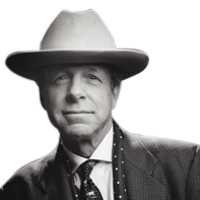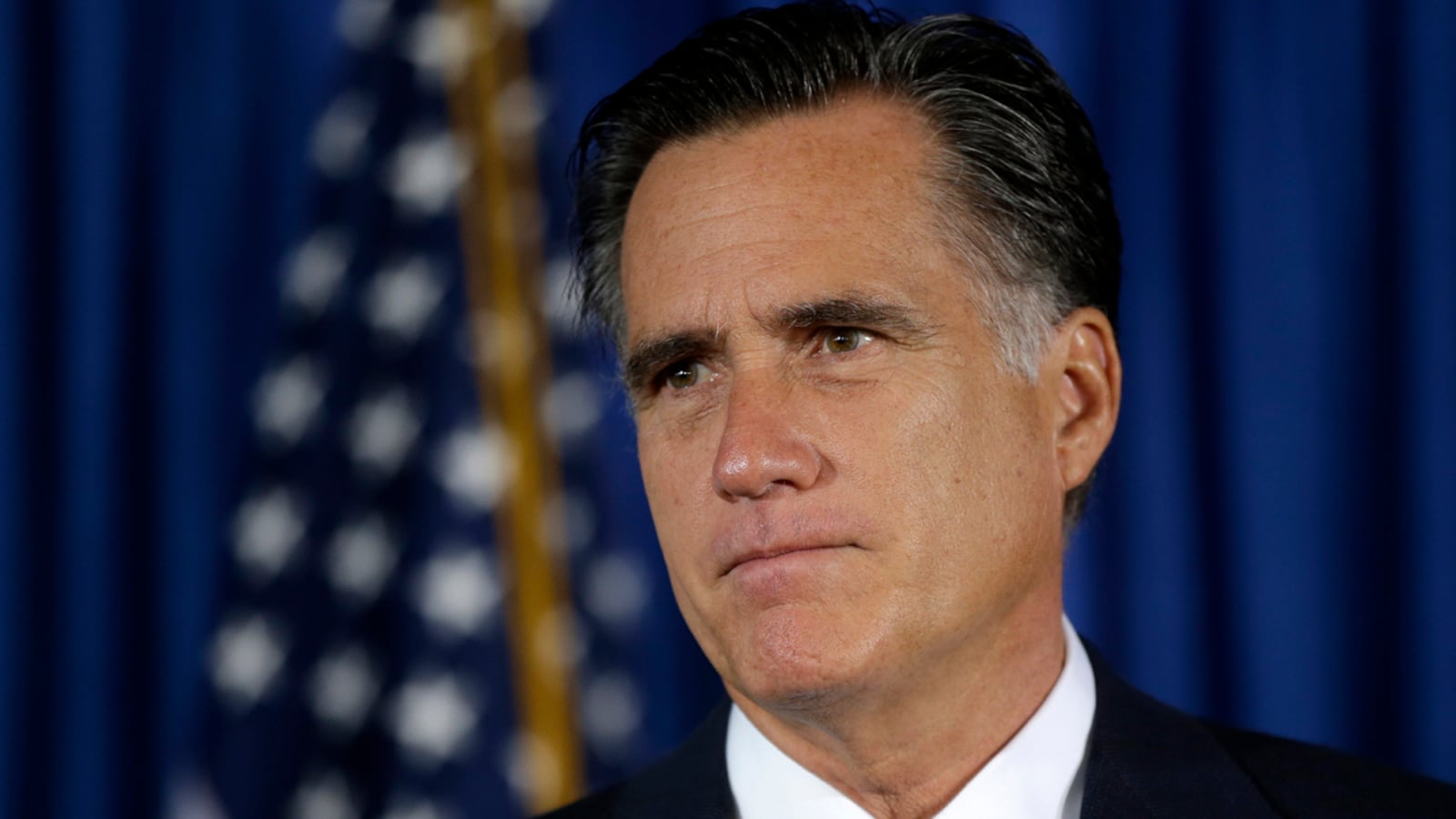“Anything can happen. This is politics in America.” That’s how I ended my column last night. And sure enough, it did.
Mitt Romney released a statement criticizing President Obama’s response to the attacks on the U.S. embassies in Egypt and Libya yesterday, saying, “It's disgraceful that the Obama administration’s first response was not to condemn attacks on our diplomatic missions, but to sympathize with those who waged the attacks.”
To move so quickly to a political statement before all the facts are known, especially on the anniversary of 9/11, was not a smart move.
Obama’s campaign responded in an equally political manner: “We are shocked that, at a time when the United States of America is confronting the tragic death of one of our diplomatic officers in Libya, Governor Romney would choose to launch a political attack.”
I’ve been there. One of the toughest challenges for both campaign teams is to step outside the pressure chamber to breathe and to think. A war of words can have real consequences. It’s not just an election on the line, it’s people’s lives.

The office of the president is the most powerful in the world. It is also, at times, the most powerless. Only 43 men truly understand that.
Outside events can change a presidential campaign, a president, and the history of the nation: the Iranian hostage crisis, the bombing of the Marine barracks in Beirut, the downing of the helicopter in Mogadishu, Somalia, the suicide attack on the USS Cole, and, of course, the terrorist attacks of Sept. 11, 2001.
In what seems like more than 12 years ago, George W. Bush first ran on a modest platform of compassionate conservatism, education reform, energy conservation, and economic growth with a humble foreign policy. He did not seek the office to change the tides of the world, but to continue the country on its “unfolding American promise that everyone belongs, that everyone deserves a chance, that no insignificant person was ever born.” He held steadfast to the belief that “Americas’ faith in freedom and democracy was a rock in a raging sea.” No one knew how that sea would rage. On Sept. 11, the man and the country changed forever. And President Bush became the leader we needed in one of the worst moments in our history.
Anything can happen. At any of our embassies or at any of our bases overseas, or even here at home.
A looming economic disaster changed the course of Sen. John McCain’s 2008 presidential election bid. Placing country over campaign, McCain suspended his run and returned to Washington to help broker a deal to save the nation from financial ruin. That may not have been the right political decision, but it was the right decision for the man.
Now, I’m not saying either team should suspend campaigning. Nor should criticisms be silenced. But our instant-response culture and media are ill-suited to manage foreign-policy crises.
And times like these are a test.
President Obama is correct. The attack in Benghazi, Libya, and the death of four who served the nation, reminds us: “The brave Americans we lost represent the extraordinary service and sacrifices that our civilians make every day around the globe.”
The nation is watching. Election Day nears. And anything can happen. Whom will voters trust? Who will become the leader we need in the next worst moment in our history?






